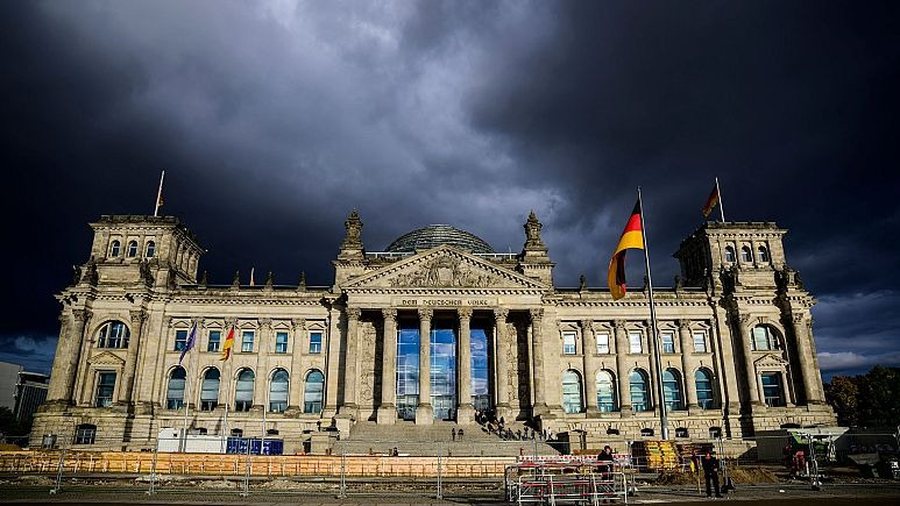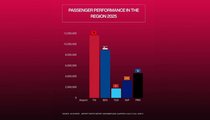Bureaucracy costs Germany 146 billion euros a year - Ifo study highlights the need for reforms to boost economic growth

Excessive bureaucracy costs Germany up to 146 billion euros a year in lost economic output, a study by the Ifo Institute showed.
Executives have complained about the amount of red tape, including lengthy approval procedures for new companies, and a relatively slow move towards digitalisation, in Europe's biggest economy, which has underperformed its eurozone peers since year 2018.
"The sheer scale of the costs caused by red tape illustrates how urgently reforms are needed. The costs of doing nothing are huge when measured against the growth potential of reducing red tape," the director of the Ifo center for industrial organization and technologies said in the report. the new one.
The report identified countries that had introduced reforms to cut red tape, tracked their economic development over time and used it to estimate what Germany has lost by not making similar changes. "If Germany were to catch up with Denmark in terms of digitalization of public administration, its economic output would be 96 billion euros higher per year," the analysts point out.
Germany's government passed a law in September aimed at cutting red tape as part of a 49-measure stimulus package to boost economic growth. Business associations said at the time the initiative was in the right direction, but not enough to increase competition.
Bureaucracy has been named as the biggest business problem in all surveys of the Chamber of Industry and Commerce in the last two years.
All verification and documentation requirements, reporting obligations, constant changes in the law, data protection requirements and lengthy administrative procedures should be reviewed, significantly simplified and in some cases completely abolished in Berlin and Brussels," it said. in the report.

Trump's victory takes gold to the lowest levels in 2 months!
Gold prices extended their slide to near two-month lows on Thursday, amid risk sentiment and as the dollar continues to strengthen after Donald Trump's......

AKMC, calls to municipalities: Assess areas at risk of flooding - Meetings with districts to apply for projects aimed at reducing the risk
Albania, like other European countries, is exposed to natural phenomena such as heavy rains, floods, landslides, avalanches and other situations that require......

How is Albania being strengthened militarily?
Analysis by Kreshnik KUÇAJ/DATAROOM The Armed Forces of Albania are organized into Land, Sea and Air Forces. The objective is that by 2033, the Armed Forces......

"Economic growth will slow down!" - EC: The momentum of tourism is over. Exports of services and goods are expected to expand
The Albanian economy is expected to grow at a slower pace over the next two years. This is the forecast of the European Commission in terms of economic......

Pension reform is also requested by the Bank of Albania - Minxhozi: Other social schemes should be created, supplementary insurance is needed
The Bank of Albania supports the undertaking of a reform in the social insurance scheme, taking into consideration the deficit presented today by the current......

Olive oil, price drop is expected - Positive forecasts for the next year favor the normalization of the market
Spain's Deoleo, the world's largest olive oil producer, says one of the most challenging times in the industry's history appears to be coming to an end, with......

34 million euros for the energy network - Montenegro aims to modernize the system and increase efficiency
Montenegro intends to invest 33.8 million euros in the energy efficiency of public buildings and the modernization of the energy distribution network. The......

It is approved in principle for the 2025 budget. DP, against - Tabaku: It does not solve the increase in pensions. Brace: More funds are needed for cyber security
With the votes of the majority, the parliamentary Committee of Economy and Finance approved in principle the draft budget for 2025. The opposition MPs voted......


















